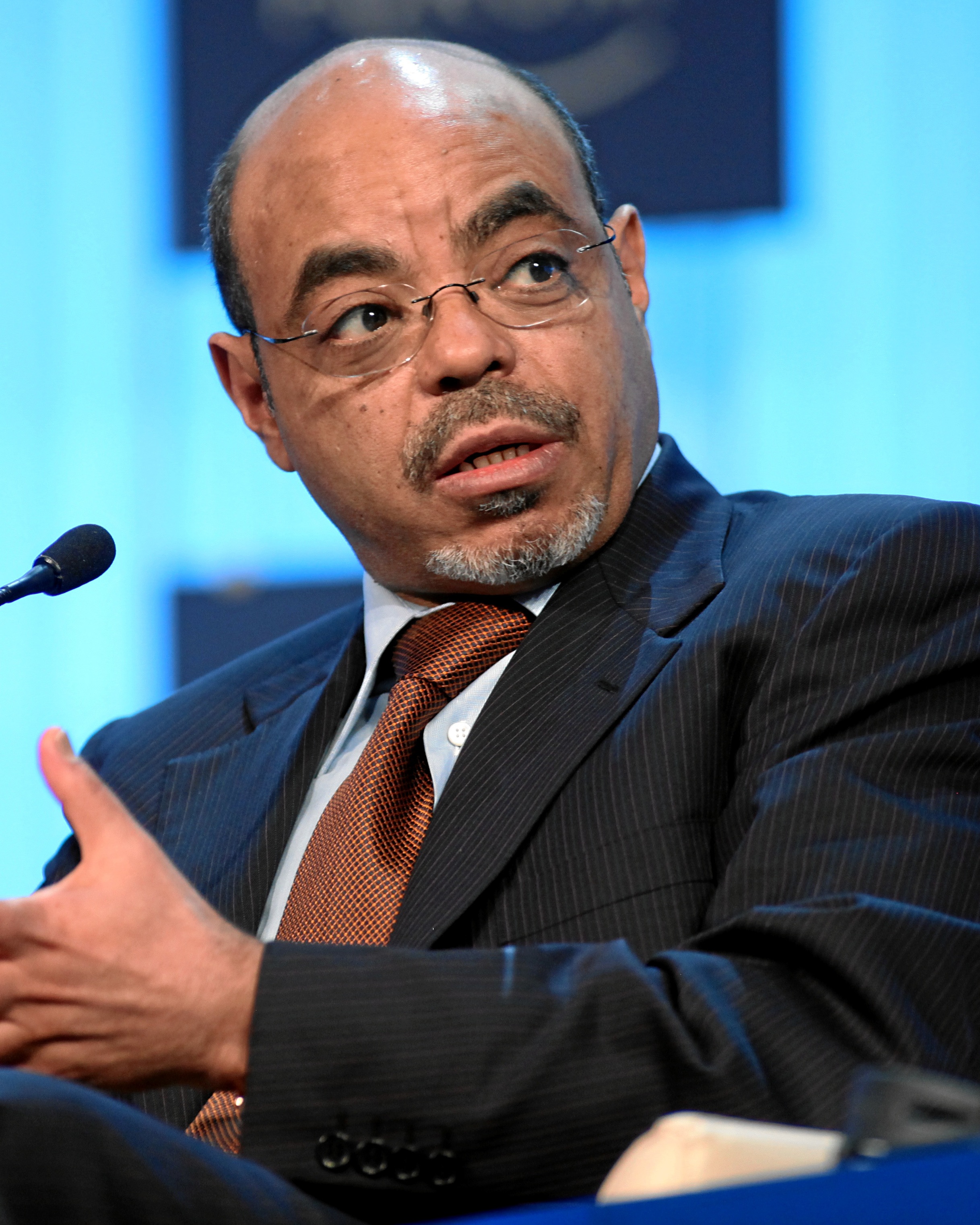 |
| Meles Zenawi |
Enver Hoxha was the leader of Communist Albania from
1944 to 1985. "Imperialism and revolution" is his most important
book, published in 1978 and translated to several foreign languages, including
English, French and Swedish (!).
Originally, Albania was part of the Soviet-led socialist bloc, but it broke with the Soviet Union after Khrushchev had restored Soviet relations with Tito's Yugoslavia, Albania's perennial nemesis on the Balkans. Instead, Albania became an ally of Mao's China. After the death of Mao, his successor Hua Guofeng became pro-American, which was unacceptable to Hoxha. Worse, China established friendly relations with Tito! Albania therefore broke with China as well, and it was during this period of near-isolation that Enver Hoxha wrote "Imperialism and revolution". Indeed, in some ways Hoxha abandoned the ideas contained in the book only a few years later.
"Imperialism and revolution" defends a dogmatic, purist and sectarian form of Marxism-Leninism. Lenin and Stalin are quoted as authorities. Most of the attacks are directed at China. An entire chapter is devoted to criticizing Mao Zedong Thought as being anti-Marxist. This is somewhat unexpected, since Mao used to be Hoxha's ally. However, Hoxha pilfers Mao's analyses on other points of controversy, naturally without mentioning the source. Thus, he claims that the Soviet Union became "social imperialist", "capitalist" and "fascist" under Khrushchev. That, of course, was the Chinese position! Even more ironically, Hoxha claims that *China* has become "social imperialist", essentially turning the Chinese terminology against the Chinese themselves. In one chapter, Hoxha attempts to prove that China wants to become a superpower. This is the only part of the book that sounds somewhat prescient today.
Since the present reviewer isn't a Communist of any denomination, a critique of Hoxha's political strategy seems somewhat moot. Still, I was struck by the strong sectarian flavour of Hoxha's politics. Since both the United States, the Soviet Union and China are "imperialist", no movement having connections to any of these powers can be supported. Thus, Hoxha rejects support even for left-wing regimes such as the Cuban and Angolan ones, since these are simply agents of "social imperialism". Not even Trotskyists are this sectarian! Left-leaning regimes such as that of Zulfikar Ali Bhutto in Pakistan are also beyond the pale, Social Democratic parties and reformist labour unions in Western Europe need to be "destroyed", and so on. Hoxha also rejects the idea that socialism should be preceded by a prolonged stage of "new democracy". He never mentions that this idea originally comes from Stalin. Instead, he attempts to pin it on Mao and...Earl Browder (!). Indeed, Hoxha still defends *Stalin's* compromises, including both the Hitler-Stalin pact and the later alliance with Roosevelt and Churchill against Hitler.
But, frankly, I'm digressing. Why should anyone read Hoxha's book, then? Essentially, I can only think of two reasons. One, it gives the nominal reasons for Albania's break with China (the real reasons were probably more down-to-earth, such as the thaw between Hua and Tito). This may interest specialized students of Albanian or Chinese history. Two, "Imperialism and revolution" may be of interest to students of Communist history.
This book actually spawned a movement, a pro-Albanian Communist movement, operating in competition with the pro-Moscow and pro-Chinese world movements. Of course, the pro-Albanian Communist groups were quite small (except in Ethiopia). However, they were quite high profile in some nations. These groups were attracted by the combination of Stalinism and radical sectarianism in "Imperialism and revolution". Some were more attracted than others. Hoxha soon abandoned the strict isolationist pose of his book and began to support regimes broadly in the Soviet orbit: Surinam, Burkina Faso, Nicaragua, Vietnam and the People's Republic of Kampuchea. Albania's good relations with Vietnam go back to the time when North Vietnam was pro-Chinese. When Vietnam became pro-Soviet, Albania opted to continue the relations. They even supported the Vietnamese intervention in Cambodia, together with the Soviet bloc! Albania also established good relations with Khomeini's Iran. In some of these nations, pro-Albanian Communists were fighting the local regimes, but Hoxha simply abandoned them to their fates. This created a semi-secret rift inside the pro-Albanian world movement, with some parties supporting Hoxha's new course, while others kept upholding "Imperialism and revolution". The latter faction was known as Theory And Practice.
Enver Hoxha died in 1985. The Communist regime collapsed in 1991. Ironically, at almost exactly the same time a pro-Albanian Communist named Meles Zenawi became the new leader of Ethiopia after an armed insurrection. However, Zenawi quickly shed his Communism. He was the prime minister of Ethiopia until his death in 2012 and a prominent American ally in the struggle against Muslim fundamentalism in Somalia!
It's ironic to think that he must have read "Imperialism and revolution". In an Ethiopian translation, perhaps?
No comments:
Post a Comment